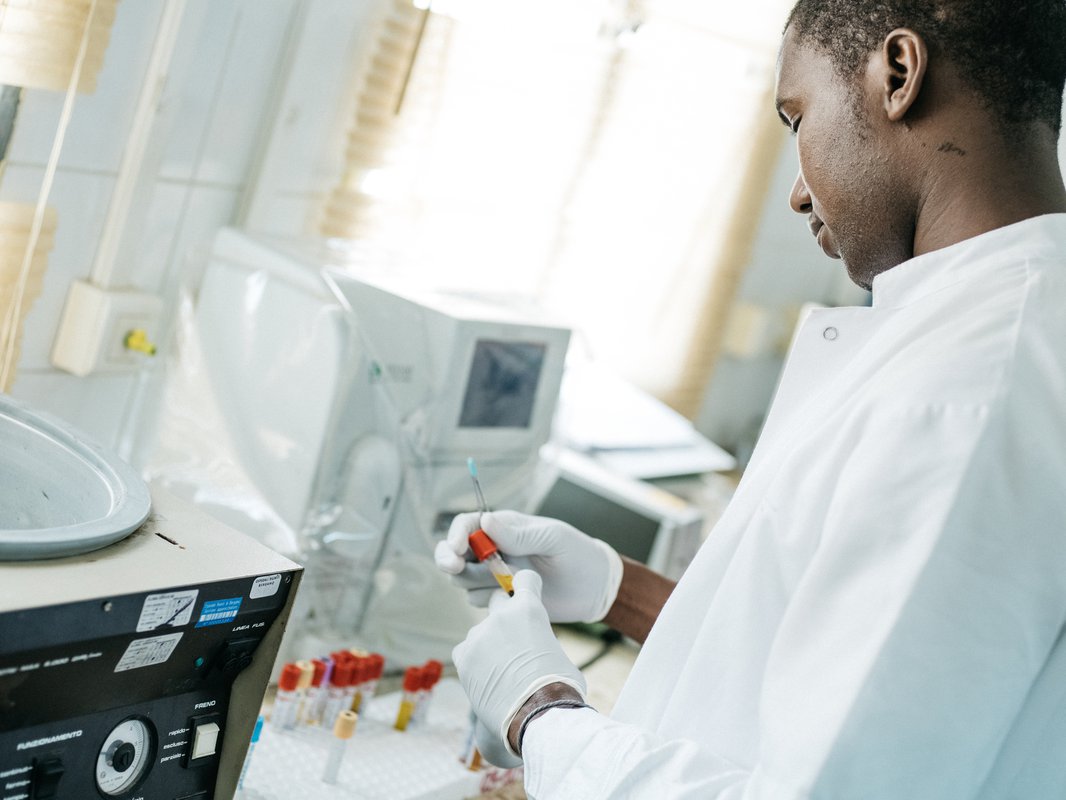A New Era in the Fight Against Polio
As the journey to eradicate polio in Africa reaches a pivotal moment, the role of national laboratories is becoming increasingly vital. This effort reflects not only the resilience and collective commitment of the African region but also the broader global health landscape. The fight against polio has been marked by challenges and breakthroughs, requiring constant vigilance, courage, and adaptability.
The importance of vaccines cannot be overstated, yet the complexities of the modern world continue to pose significant barriers. As the global health agenda expands, it becomes even more critical for Africa to assert its voice and leadership in shaping future strategies. The continent’s efforts must be bold, informed, and forward-looking, ensuring that no child is left behind in the pursuit of a polio-free world.
Nigeria: A Critical Frontline
Nigeria remains a central focus in the global battle against polio. In 2025, the country accounted for a quarter of the cases reported in the region, with 32 confirmed cases across ten states. The highest numbers were concentrated in the northern states, highlighting the need for targeted interventions. During a recent mission to Nigeria, it became evident that while progress has been made, variant poliovirus continues to circulate, threatening decades of hard-won achievements.
Despite these challenges, there are inspiring stories of dedication and perseverance. The vaccinators who travel long distances through difficult terrains, the community mobilizers who combat misinformation with empathy, and the government officials who lead with resolve are all essential to this fight. These everyday heroes are not just delivering vaccines; they are restoring trust, building bridges, and driving the final push toward eradication.
Global Implications and Collaborative Efforts
The impact of polio extends beyond borders. Viruses originating from Nigeria have spread to neighboring countries and even some areas within the European Union. This underscores a crucial truth: as long as polio exists anywhere, it remains a threat everywhere. Therefore, a coordinated global response is necessary, one that transcends national boundaries and recognizes the interconnected nature of public health challenges.
Innovative approaches are being developed to strengthen outbreak responses in regions such as the Lake Chad Basin, Sahel, and Horn of Africa. These plans emphasize cross-border coordination, ensuring that the response to polio is as fluid as the virus itself. Over the past several decades, the eradication of polio has attracted widespread support, leading to significant milestones, including the certification of the African region as free of indigenous wild poliovirus in 2020.
Evolving Context and Future Strategies
Today, the context is evolving. Traditional donors are gradually stepping back, and the global health agenda is expanding amid overlapping emergencies and priorities. These shifts demand greater efficiency, stronger country ownership, and regional solidarity. In response, the WHO African Region is focusing on strengthening outbreak response, enhancing country-level surveillance capacity, and building long-term systems.
The recent end of the polio outbreak in Madagascar serves as a testament to what is possible with strong local leadership, effective surveillance, and tailored, community-led campaigns. It reinforces the belief that eradication is still within reach if we remain focused, agile, and people-centered.
The Role of National Laboratories
Sustained investment in surveillance remains crucial. To this end, the establishment and accreditation of new national laboratories across Africa are being prioritized. These laboratories will improve the ability to detect poliovirus quickly and accurately, thereby strengthening Africa’s overall capacity to respond to emerging public health threats.
This vision of the future involves a public health system that is agile, locally led, and integrated. Complacency is not an option, as the stakes are high. Every unvaccinated child represents a risk to their community and the world. It is time for all stakeholders to rally behind the frontline workers, supporting their efforts through investments in stronger health systems, better surveillance, and adaptive strategies.
A Call to Action
As the baton is passed to the next leader of the World Health Organization in the African region, there is a deep sense of gratitude for the thousands of vaccinators, surveillance officers, community leaders, scientists, and partners who make this work possible. The region stands at a crossroads, but it is also on a strong foundation.
The path to a polio-free world is clear, and it requires renewed determination and collective action. Now more than ever, Africa’s voice and leadership in global health must be bold, informed, and forward-looking. This is our moment to ensure that the legacy of polio eradication is the end of a disease and the foundation for lasting public health for all.







